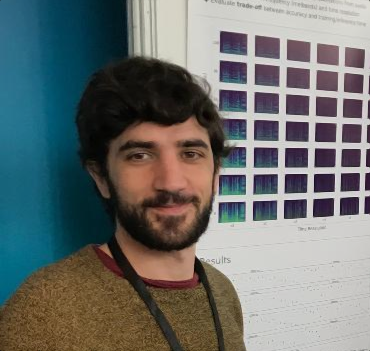Cited By
View all- Bauer CSaid AZangerle E(2024)Introduction to the Special Issue on Perspectives on Recommender Systems EvaluationACM Transactions on Recommender Systems10.1145/36483982:1(1-5)Online publication date: 7-Mar-2024
- Vente TEkstrand MBeel J(2023)Introducing LensKit-Auto, an Experimental Automated Recommender System (AutoRecSys) ToolkitProceedings of the 17th ACM Conference on Recommender Systems10.1145/3604915.3610656(1212-1216)Online publication date: 14-Sep-2023




